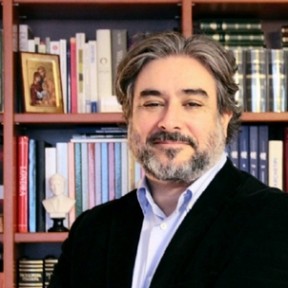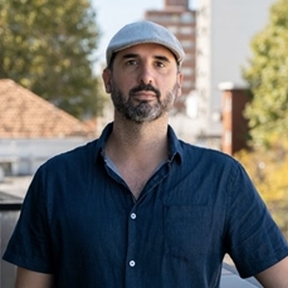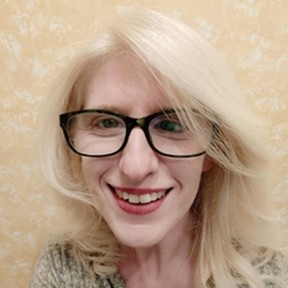Scientific Committee
Social Preferences and Inequalities: Updates in Behavioral Economics and Experimental Studies
Alejandra Vásquez A, PhD
BIO
Alejandra is Associate Professor of Economics at the University of Santiago de Chile. She is a researcher specializing in the fields of Experimental Economics and Behavioural Economics, she is interested in how humans make decisions and interact with others. Her current research focuses on a major project entitled: Aversion to inequality in Chile: an investigation of the interaction between individual and social preferences. The central objective of her research lies in comprehending the intricate dynamics of human decision-making and social interactions.
In her academic pursuits, professor Vásquez demonstrates a profound fascination with the multifaceted factors that shape human behavior. Recognizing that cognitive, contextual, environmental and emotional elements significantly influence our actions. She acutely focuses on the examination of social preferences, empathy, conscientious consumption choices, wellbeing, and social dilemmas. Through meticulous investigation and analysis, she seeks to shed light on the underlying mechanisms that drive individual choices and cooperation in economic settings.
Scientific Collaborations:
She is a collaborating member of Unica-BERG, an interdisciplinary group of researchers interested in the experimental study of the socio-economic, cognitive and neuroscientific aspects of individual and collective decision making. The group is based at the University of Cagliari in Italy. UNICA-BERG Behavioral Economics Research Group (https://people.unica.it/berg/people/)
- Visiting researcher at the University of Klagenfurt – Austria (May-June 2022) Wisdom, appreciation, moral choices and responsible consumption across cultures. With Dr. Judith Glück.
- Sustainable Campus Network, Coordinator of the culture and sustainable behavior group and participates in network research.
- Globusdoc grant University of Cagliari for research internship in the United States, 2016. De Paul University in Chicago – USA and University of Chicago, attended the Behavioural Economics course with Dr. Richard Thaler.

Vittorio Pelligra, PhD
BIO

Paula Luengo, PhD
BIO
She has developed and leads the ProCíviCo project, an applied research initiative that aims to promote prosocial and civic participation in the school context. Additionally, she has developed school intervention projects to promote prosociality in Italy and various regions of Colombia.
Currently, she coordinates the Public Policy Unit (Evidence, Connection, and Advocacy, ECI) at the Center for the Study of Conflict and Social Cohesion in Chile, COES, where she is also an associated researcher.
She collaborates with an active international network of researchers who share the vision of social change through academia, hailing from Italy, Spain, Canada, Argentina, Colombia, the United States, and Brazil.
Her most recent research inquiries revolve around the processes involved in the micro-level of social cohesion, particularly the relationship between social inequality and diversity, encompassing dimensions such as social class, migratory status, ethnic origin, and gender.

Martín Leites, PhD
BIO

